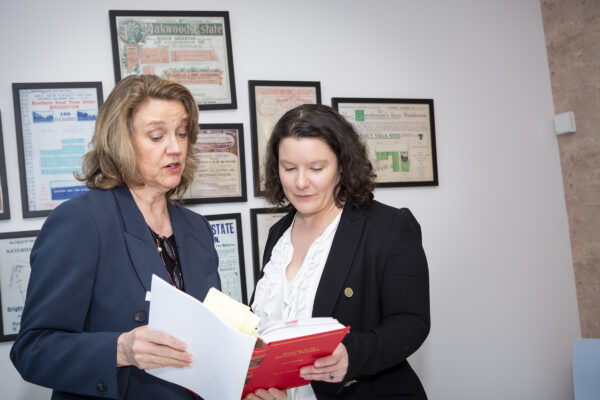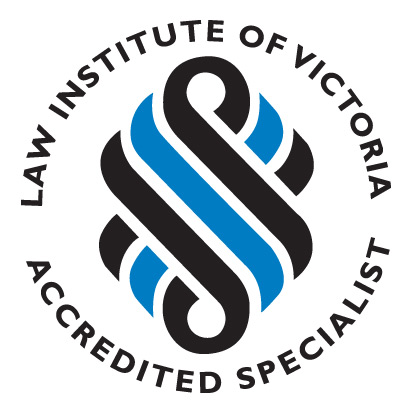What is Probate Administration and How Does It Work?
After someone dies, there is a legal process to validate their will and determine who receives the assets of the deceased person’s estate. The probate process involves the court appointing a representative for the deceased person to gather the deceased person’s assets, pay debts (including taxes) and handle the distribution of property to the beneficiaries named in the will.
An executor of the estate (also referred to as a legal personal representative or “LPR”) – handles these duties according to procedures defined in legislation governing estates (in Victoria known as the Administration and Probate Act 1958). The LPR’s fundamental duty is to protect the assets and interests of each of the estate’s beneficiaries, regardless of whether they have conflicting interests and desires. One way to protect those assets and interests and help the probate process go smoothly is to be organised and have the guidance of an experienced probate lawyer.
What is Probate Administration?
 Probate administration is the process of validating or proving the will of a person who has died and carrying out its directives or administering the distribution of assets of an individual who has died without a will. Estate administration involves handling a person’s assets and debts after that person’s death.
Probate administration is the process of validating or proving the will of a person who has died and carrying out its directives or administering the distribution of assets of an individual who has died without a will. Estate administration involves handling a person’s assets and debts after that person’s death.
When there is a will, “probating the will” refers to the process by which the Court determines that the will is the last will and testament of the deceased individual and is legally valid for transferring ownership of property. If a will has been properly drafted and documented by an estate planning lawyer, this is likely a simple process. Some wills are not valid because they lack the legal requirements of a valid will. Regardless, a will has no legal effect until a grant of probate has been issued by the Supreme Court of Victoria.
When a person dies without leaving a will, he or she is said to have died “intestate.” The laws of intestacy provide the rules for distributing the property of people who die without a valid will.
How Long Do You Have to File Probate After a Death?
Initiating probate administration requires:
- Determining whether there is a will and locating it.
- Making an application for a grant of probate (or letters of administration where there was no will) in the State where the deceased person resided or owned property.
- This also requires preparing an affidavit and an inventory of the assets of the estate.
- Completing and filing all necessary legal documents with the Court to become the LPR of the estate.
The steps above should be undertaken as soon as possible after a death. Generally Victorian legislation requires this to be undertaken no longer than 6 weeks after death.
Once the application has been filed and examined, the Registrar of Probates will issue a Grant of Probate authorising the person named as the executor of the deceased’s will (or another person such as a spouse or surviving heirs if there was no will) to fulfill the duties of LPR of the estate.
Contact Us About Help with Probate Administration
 At City Pacific Lawyers, we can guide you if you are the personal representative or beneficiary of the estate so that you avoid the hidden complications of probate. Our experienced and compassionate estate administration team is headed up by a Law Institute of Victoria Accredited Specialist in Wills and Estates. We can offer trusted guidance and help you get everything done right from the start.
At City Pacific Lawyers, we can guide you if you are the personal representative or beneficiary of the estate so that you avoid the hidden complications of probate. Our experienced and compassionate estate administration team is headed up by a Law Institute of Victoria Accredited Specialist in Wills and Estates. We can offer trusted guidance and help you get everything done right from the start.
For a confidential consultation, contact us today on 03 9592 3356 or complete our web contact form here.


